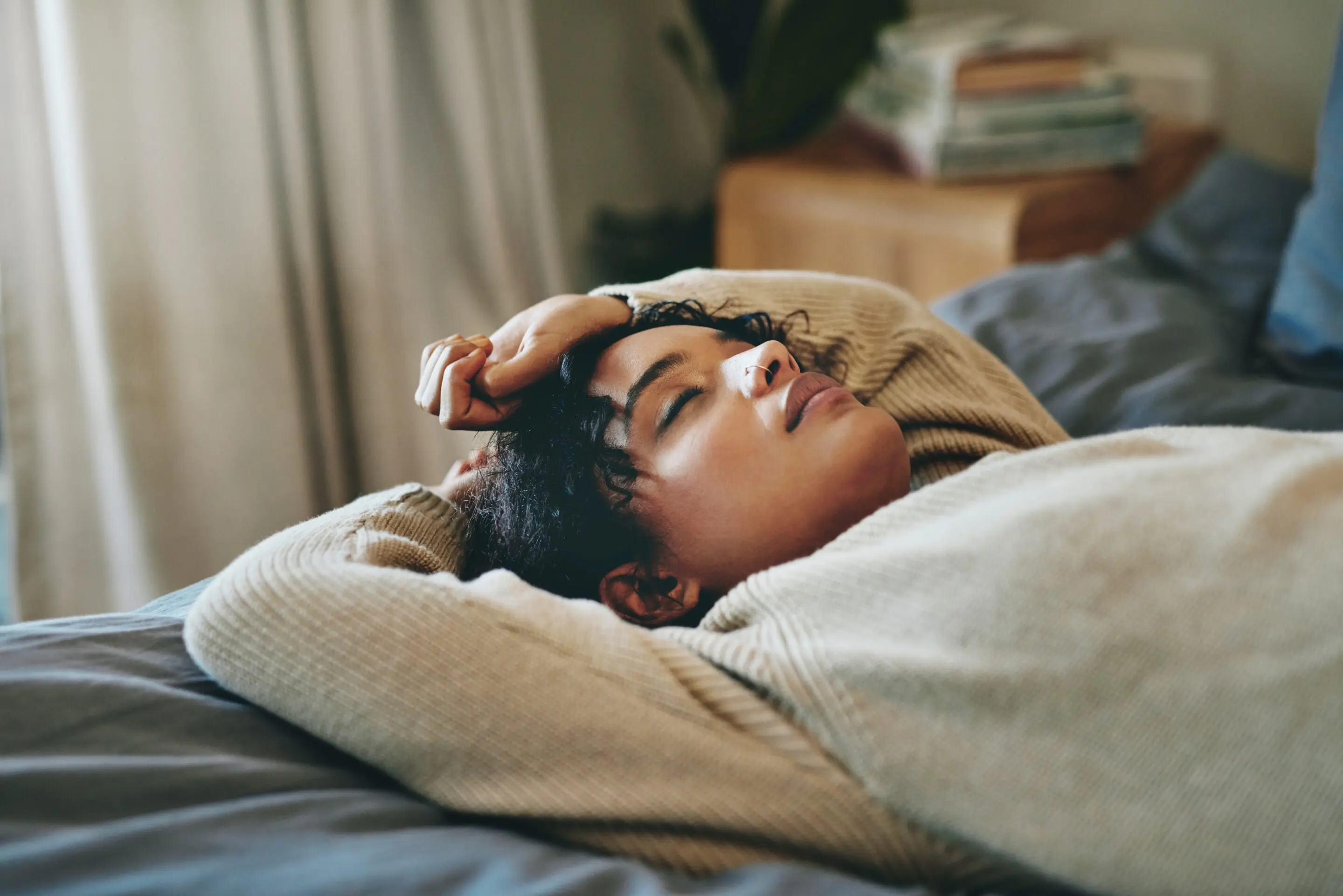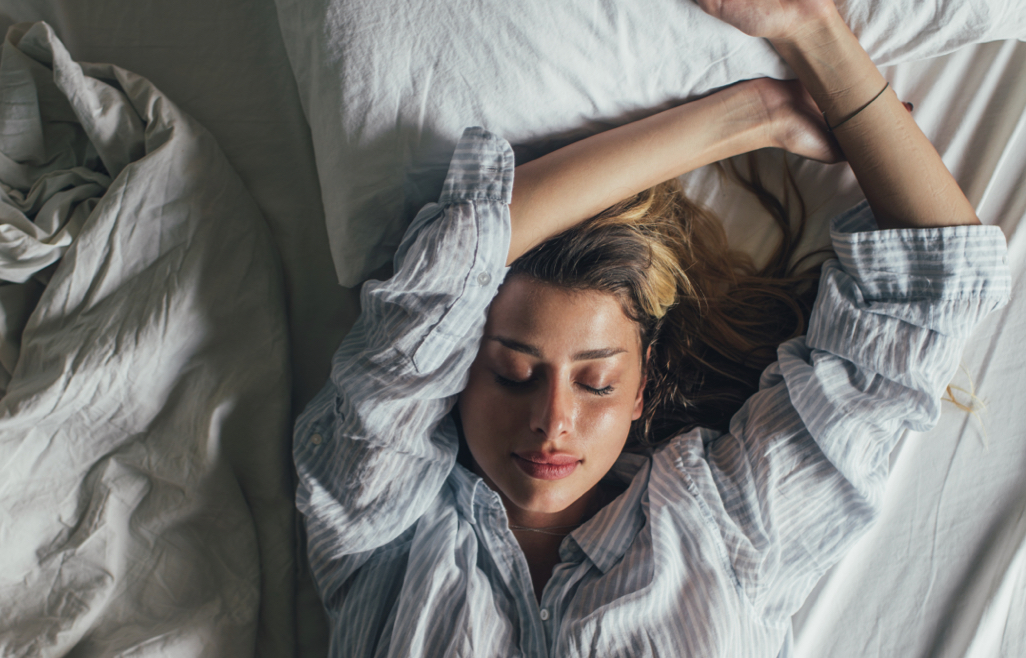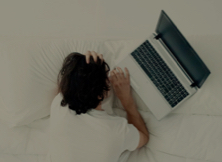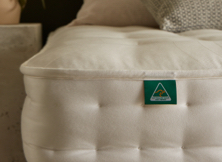Did you know that nearly 74% of adults experience insomnia more than one night per week? Insomnia is affecting more and more people today with over 30% of the population affected by this sleep disorder on a regular basis. In fact, we are sleeping 20% less today than they were a century ago. Insomnia affects many people, but there are some solutions to beating insomnia.
Our sleep expert Dr Carmel has shared her top five strategies that you can apply to help reduce the symptoms of insomnia.
Set yourself up for success
Many people unknowingly sabotage their sleep due to bad behaviours like having coffee too late in the day, as well as exercising, eating or using brightly-lit technology too close to bedtime.
Knowing how to better prepare yourself for sleep and making your sleeping environment more conducive to falling asleep, are extremely important steps for overcoming sleeplessness.
Deal with issues during the day
It’s is not unusual to go to bed expecting to fall asleep, only to start thinking about issues that popped up during day. Once this happens it’s likely that your mind will start to race, making it nearly impossible to fall asleep. To avoid your thoughts wandering before bedtime, write down what you’re dealing with and potential solutions. When you acknowledge your thoughts long before you’re ready for bed, your mind will be at ease and you’ll be better prepared to switch off and fall asleep.
Practice relaxation
Practicing relaxation before bed will help your mind and body unwind. A simple relaxation exercise you can try is progressive relaxation. This technique involves systematically tensing and then relaxing different muscle groups in your body while breathing slowly and deeply. Start at your feet and work your way to the top of your head.
Control any stimulus
Your bed is your place to sleep. When you find yourself tossing and turning or unable to fall asleep, try getting out of bed and return when you feel sleepy again. When you get up make sure that you’re warm and sitting in a dimly lit room. Try reading or a relaxation exercise. It’s critical that you stay away from any technology and bright lights. When your eyelids begin to droop and you start to yawn, then it’s time to go back to bed.
Consult a Doctor
Insomnia is a serious condition and should not be taken lightly. If you have tried all of the solutions above but to no avail then it is time to consult your doctor. When it comes to your body and mind, you need quality sleep to perform at your best. Without adequate sleep you not only will be more likely to under-perform the task at hand, but you will also be putting your body at an increased risk of health complications.

































